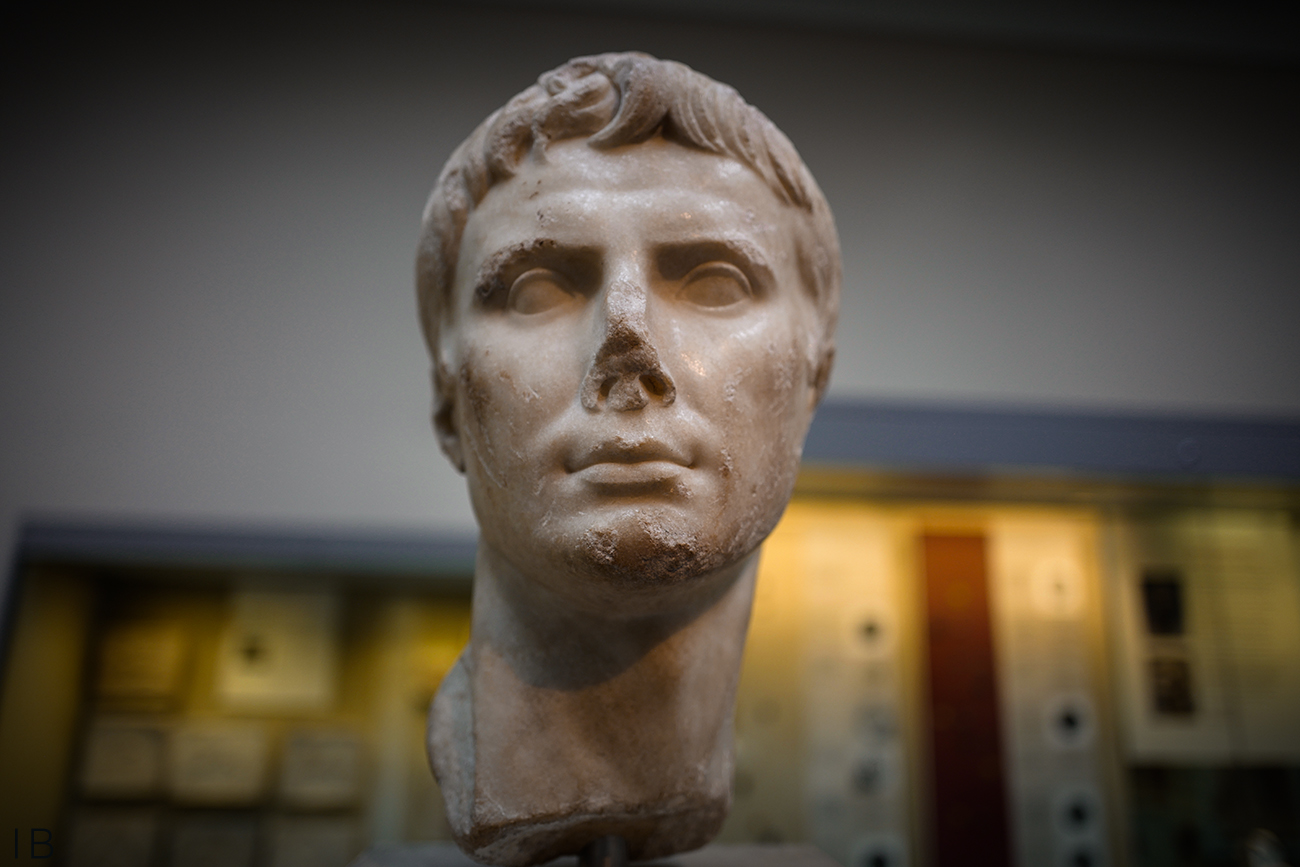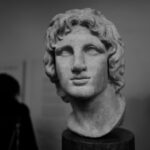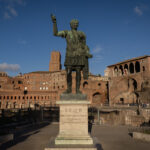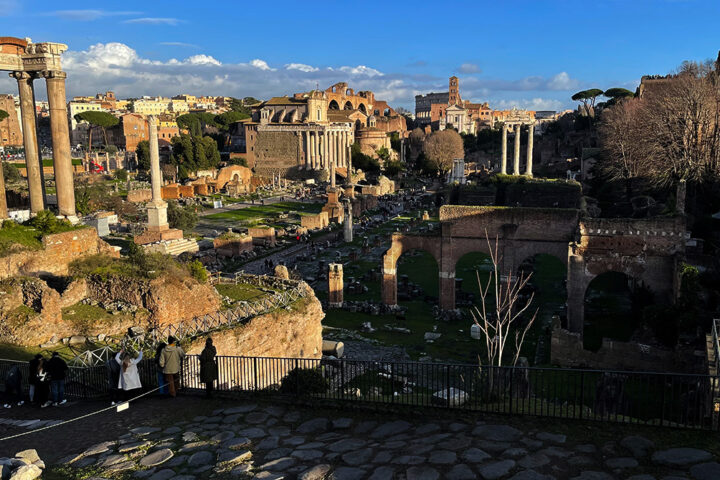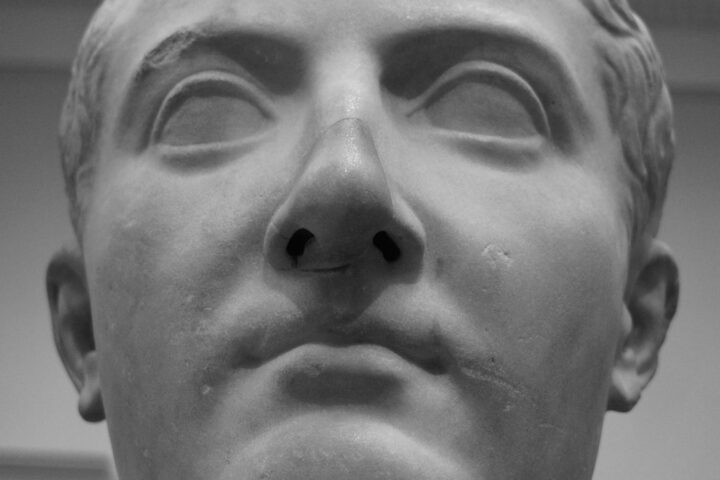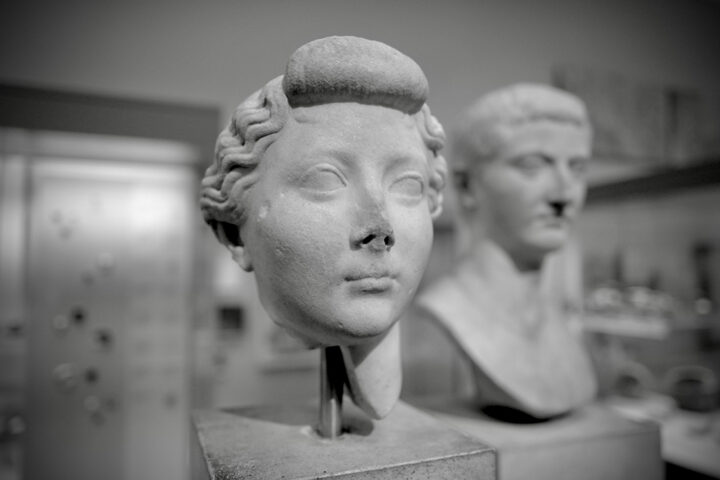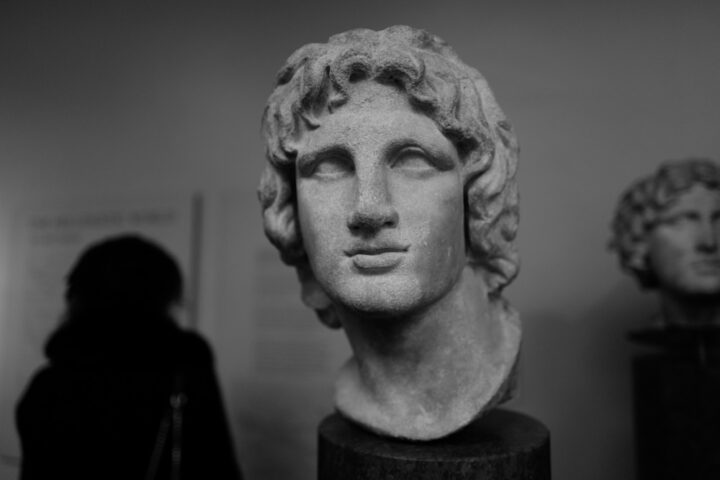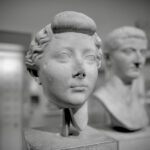Caesar Augustus, the founder of the Roman Empire, exhibited a combination of astute political acumen, strategic foresight, and effective governance that allowed him to lead for four decades. His leadership qualities were instrumental in stabilizing and strengthening the Roman state during a transformative period.
One of Augustus’ primary strengths was his remarkable ability to adapt and consolidate power. After the turmoil of Julius Caesar’s assassination and the ensuing civil wars, Augustus (then Octavian) skillfully navigated the treacherous political landscape. He formed the Second Triumvirate with Mark Antony and Lepidus, but adeptly moved against his rivals when necessary to emerge as the sole ruler of Rome.
Augustus displayed a keen understanding of public image and propaganda. Through literary patronage and monumental architecture, he carefully crafted his image as the restorer of Rome. The Res Gestae Divi Augusti, an autobiographical inscription, highlights his accomplishments and contributions to the Roman state, reinforcing his legacy and engendering public support.
Furthermore, Augustus demonstrated prudent governance and administrative reform. He restructured the Roman administrative apparatus, establishing a professional civil service that enhanced efficiency and stability. His focus on law and order, along with the institution of the Praetorian Guard, ensured the security and continuity of his rule.
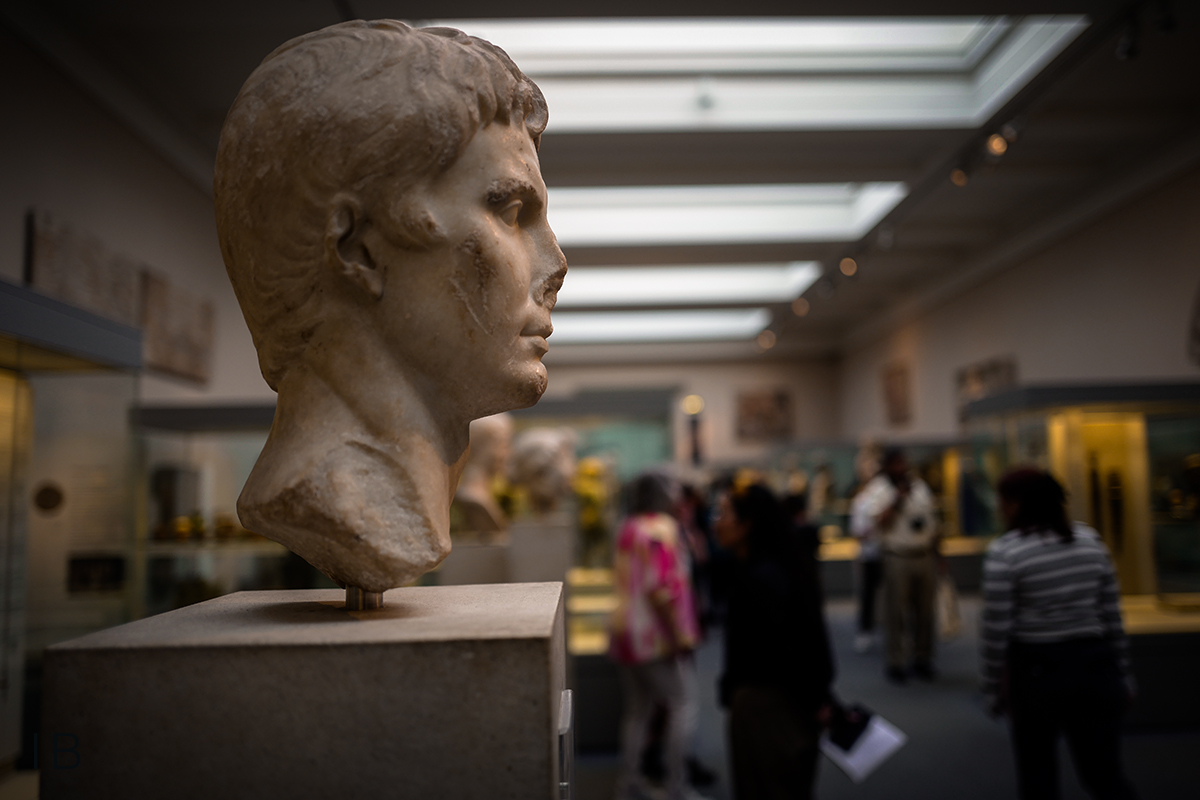
Economic prosperity and infrastructure development also marked Augustus’ reign. By promoting trade, securing Rome’s borders, and initiating extensive building projects such as roads, aqueducts, and temples, he facilitated economic growth and improved the quality of life for Roman citizens.
Another critical aspect of Augustus’ leadership was his diplomatic prowess. He maintained and expanded the empire through a combination of military strength and strategic alliances. The Pax Romana, or Roman Peace, established during his reign, brought a period of relative tranquility and prosperity to the empire.
His ability to balance traditional republican forms with the practicalities of autocratic rule was perhaps his most significant political achievement. By carefully maintaining the outward facade of republican governance while holding ultimate authority, he secured broad acceptance for his rule among the Senate and the Roman populace.
Caesar Augustus’ political leadership was characterized by his adaptability, strategic use of propaganda, effective administrative reforms, economic initiatives, diplomatic acumen, and his ability to maintain a delicate balance between republican traditions and autocratic control. These qualities enabled him to establish a legacy that profoundly shaped the course of Roman history.


